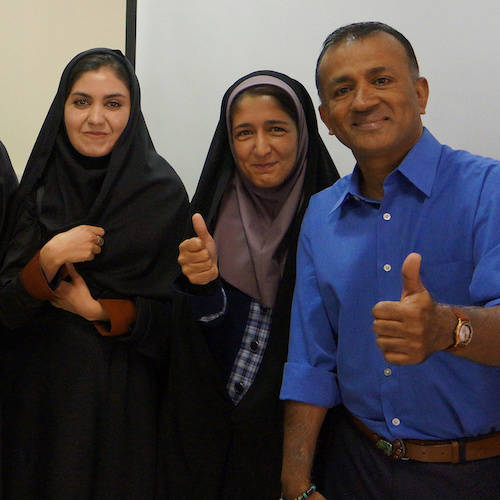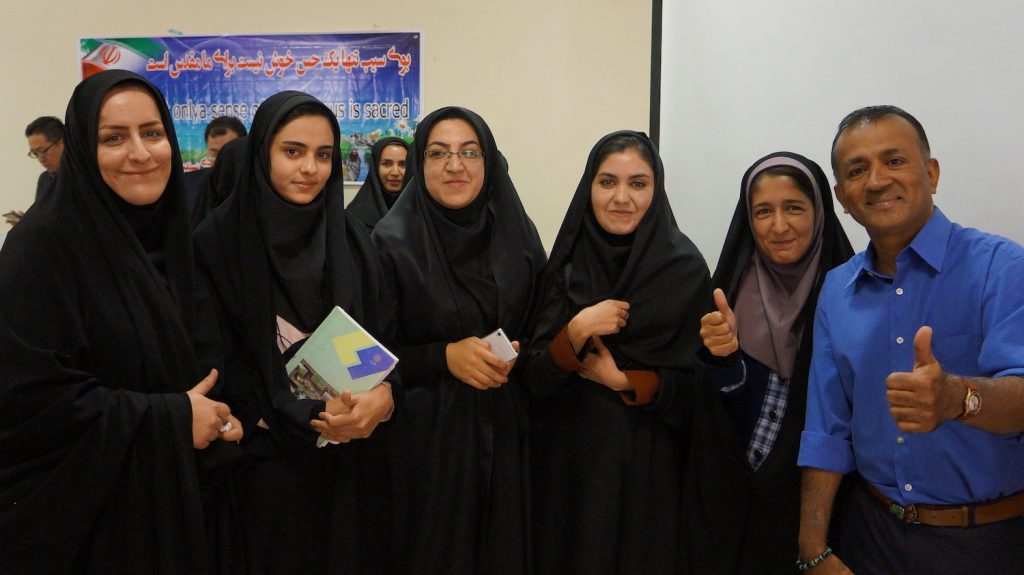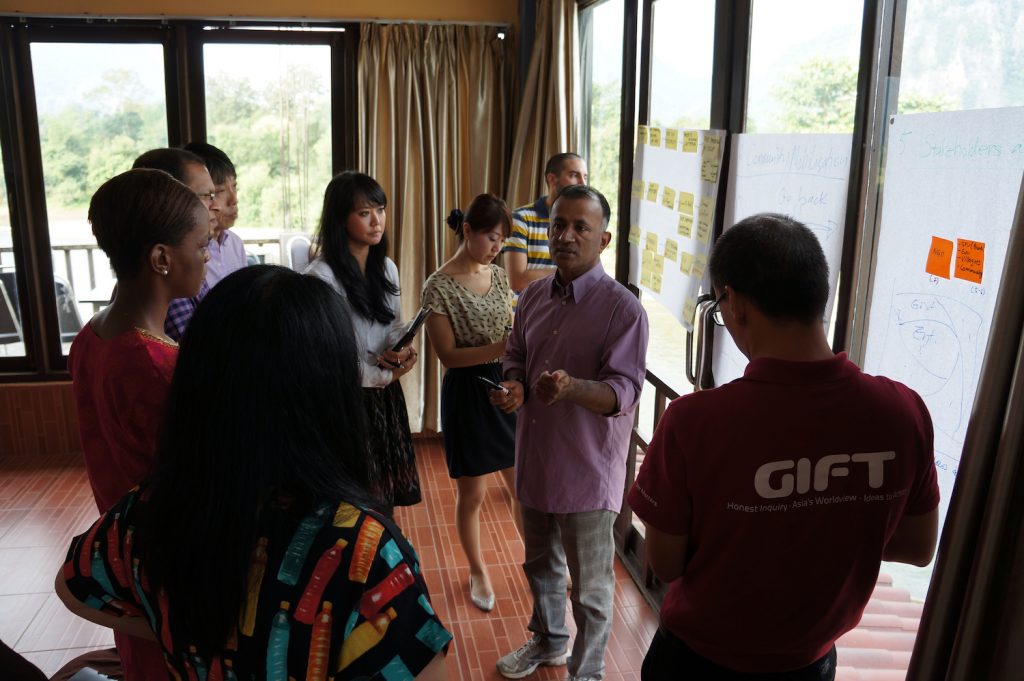We can see what emerges when women’s contributions are not just heard but actually listened to as part of the leadership programmes we run at the Global Institute for Tomorrow. We consistently encourage our corporate clients to nominate more women to join our programmes, typically a quarter to a third of our cohort. We are not inviting them to send a superstar with an MBA who may become the next CEO or business unit head but a competent professional, who is intellectually willing and able to understand the inherent contradictions and new challenges facing the business world today, and be prepared to challenge these norms rather than just fit in, tick all boxes, climb the ladder and be a leader in a conventional sense.
Our programmes expect participants to work together to create a set of recommendations for our project partners – social enterprises, NGOs, regional businesses and even local governments – that are all trying to solve development problems by embracing new business ideas beyond dependence on aid and charity. Participants create a business solution that is sustainable, financially viable, ethically robust and socially beneficial.
In practice, this means that participants need to work closely together to challenge conventions, unlearn orthodoxies and come up with new ideas, business models, financial projections and ways to account for externalities and social change. They are told their output will actually be implemented by the partner, an even greater incentive to outdo themselves.
Whilst some women taking part in these activities are still constrained by a rather narrow vision of societal progress, we have consistently noticed that the higher the proportion of women, the higher the quality of both discussions and outputs, once they become comfortable in the “safe environment” the programme provides. In discussion sessions that precede our time in the field, women are often the ones most assertively challenging established thinking, especially when stated by a more senior male participant. When they develop the output, we always seek to give these participants the chance to safely state their views and opinions and ensure they are reflected in the final output.
Giving both women and men the chance to not only share different opinions but also explore how they might come to fruition in reality is, perhaps, the way forward to give true meaning to equality and diversity. Creating false metrics based on headcounts in management and boardrooms misunderstands the role gender equality can play in making business better.



























